Unveiling Retinol's Impact on Ageing Skin
Understanding Aging Skin and Harnessing the Power of Retinol
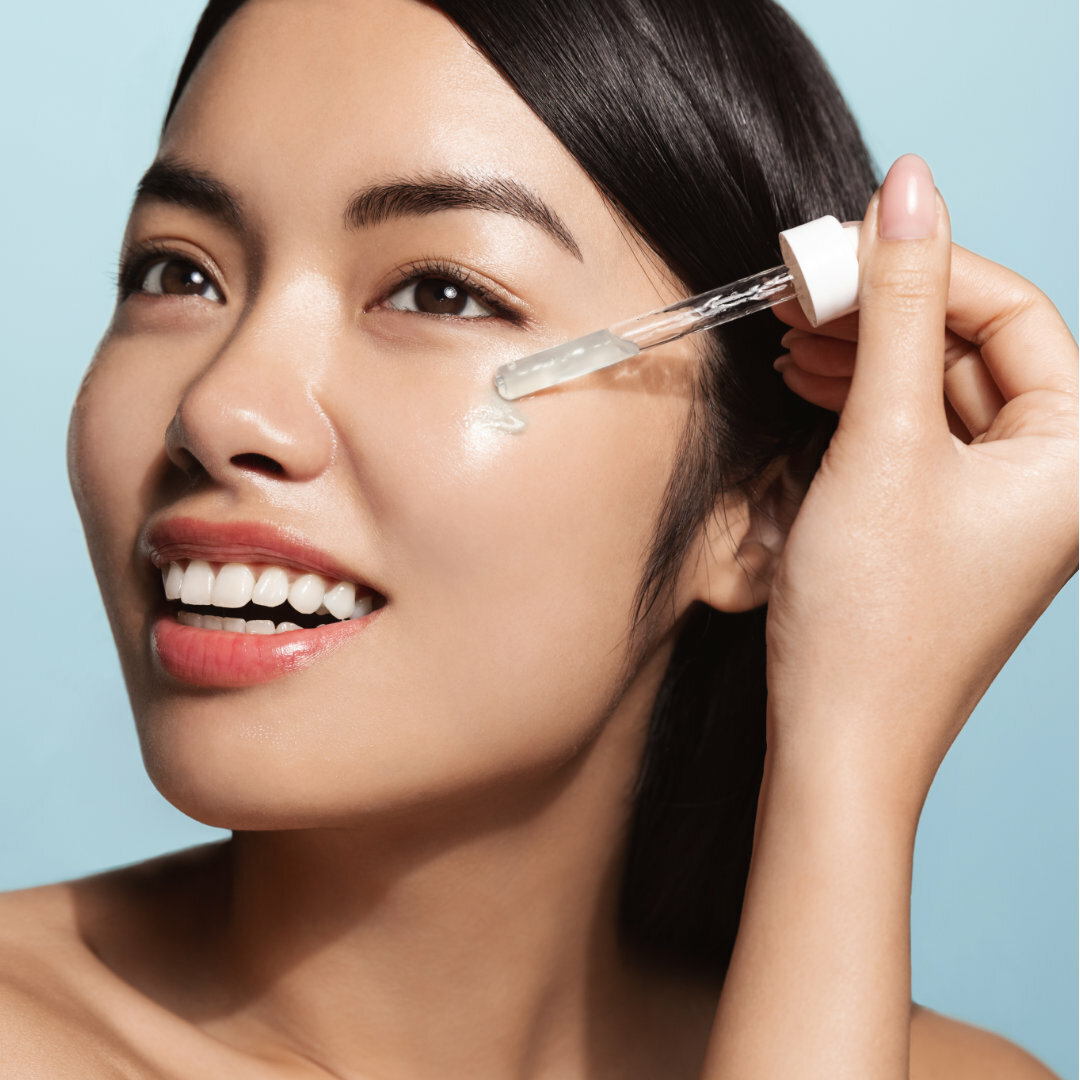
Best for:
Retinol's Impact on Ageing Skin
In the quest for youthful and resilient skin, few ingredients match the power of retinol. This post explores recent findings on retinol's impact on ageing skin, covering its formulation, effects, clinical outcomes, tolerability, and long-term benefits.
In the realm of skincare, retinol has long been celebrated for its anti-aging properties, but the specifics of its effectiveness have now been illuminated by a comprehensive clinical study. This blog post explores the findings from a detailed research chapter that investigated the impacts of a 0.4% retinol lotion on aging skin, shedding light on its formulation, bioactivity, and clinical outcomes.
Understanding Ageing Skin: The Basics
Ageing skin undergoes two main types of changes: photoaging from sun exposure and intrinsic ageing from internal factors.
Photoaging accelerates skin aging through solar radiation-induced matrix degradation, leading to visible signs like wrinkles and brown spots. Intrinsic aging, on the other hand, results from internal factors and is characterised by thinner skin, reduced collagen production, and slower cell turnover. These changes not only affect appearance but also compromise the skin's ability to heal wounds and manage chronic conditions as we age.
Other treatments like CO2 laser resurfacing and topical retinoic acid have shown to be effective in addressing photoaging by stimulating collagen synthesis.
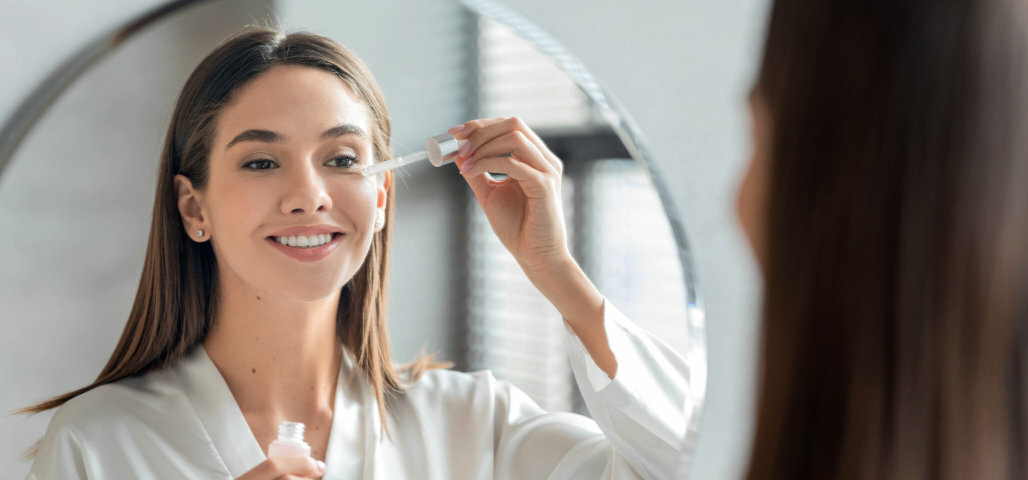
What does Retinol do?
Retinol is one type of vitamin A and has an amazing anti-aging effect on your skin. when you apply it to your face as a serum or cream, it changes both the top and the deeper layers of the skin. Retinol makes the top layer of skin thicker by activating stem cells and helping the primary skin cells (keratinocytes) grow.
Retinol also improves the deeper layer (the Dermis) of the skin by activating fibroblasts (the cells that produce collagen) and helping new blood vessels to form. By applying Retinol to your skin you will boost collagen in older skin, which will lead to; better skin texture, fewer dark spots, and a younger looking skin. So now you know why Retinol is so good for anti-aging.
Can I use retinol everyday?
Retinol is well-known for its anti-aging benefits, and can improve skin texture, reduce wrinkles, and help with hyperpigmentation. But, Retinol can also cause side effects like: dryness, redness, and peeling, especially when you first start using it. The best way to start is with a low concentration (0.5% or 1%) and then gradually increase both the amount, and how often you use it. You will be able to increase the amount as your skin becomes used to it without getting the negative side effects.
However it is important to use sunscreen during the day because retinol will make your skin more sensitive to the sun.
Daily use of retinol can be great for your skin, but it's important to introduce it into your skincare routine carefully and watch how your skin reacts to avoid any negative effects. It's wise to consult with a skincare expert to find the best Retinol plan for your skin type and concerns.
What are the downsides of retinol?
Unfortunately there are some side effects to Retinol and precautions need to be taken when using Retinol. Issues you might encounter are:
Skin Irritation: Retinol can cause dryness, redness, peeling, and itching, especially the first time you use it. These side effects will occur less often as your skin adapts.
Sun Sensitivity: Retinol can make your skin more sensitive to the sun, which will increase your chances of sunburn. Therefore it is extremely important to use sunscreen and limit sun exposure when using retinol.
Overuse: Using too much retinol can lead to dryness, redness, and peeling. this is especially true when starting out using Retinol. Always start with a low percentage (0.5% or 1%) Retinol and slowly increase the frequency and percentage of the serum.
Skin Adjustment Period: Some people will experience a period of increased sensitivity or purging when they start using Retinol for the first time. You will need to be patient, and allow your skin to adapt to your new skin regimen and as always; start with a low percentage (0.5% or 1%) Retinol and then slowly increase the frequency and percentage of the serum.
Overall, while Retinol offers some really great skin benefits, but it's crucial to be aware of the downsides and take the necessary precautions for safe and effective use.
How long does it take for Retinol to work?
The time it takes for Retinol to produce results you can see varies from person to person. Usually it takes anywhere from a few weeks to several months of consistent usage before you will notice any changes to your skin.
When Retinol is applied to your skin it is converted into Retinoic acid, which can: boost cell replacement, increase the production of collagen, help clear up acne & improve the general skin texture and elasticity.
Ultimately it is important to be patience and consistent when using Retinol. By starting with a low concentration, and then gradually increasing the concentration it will minimise the side effects and allow your skin time to adjust to your new regimen.
Of course results may vary based on your skin type, and the type of Retinol used. Talking with a skincare expert will get you personalised advice on how to apply Retinol to work effectively for you.
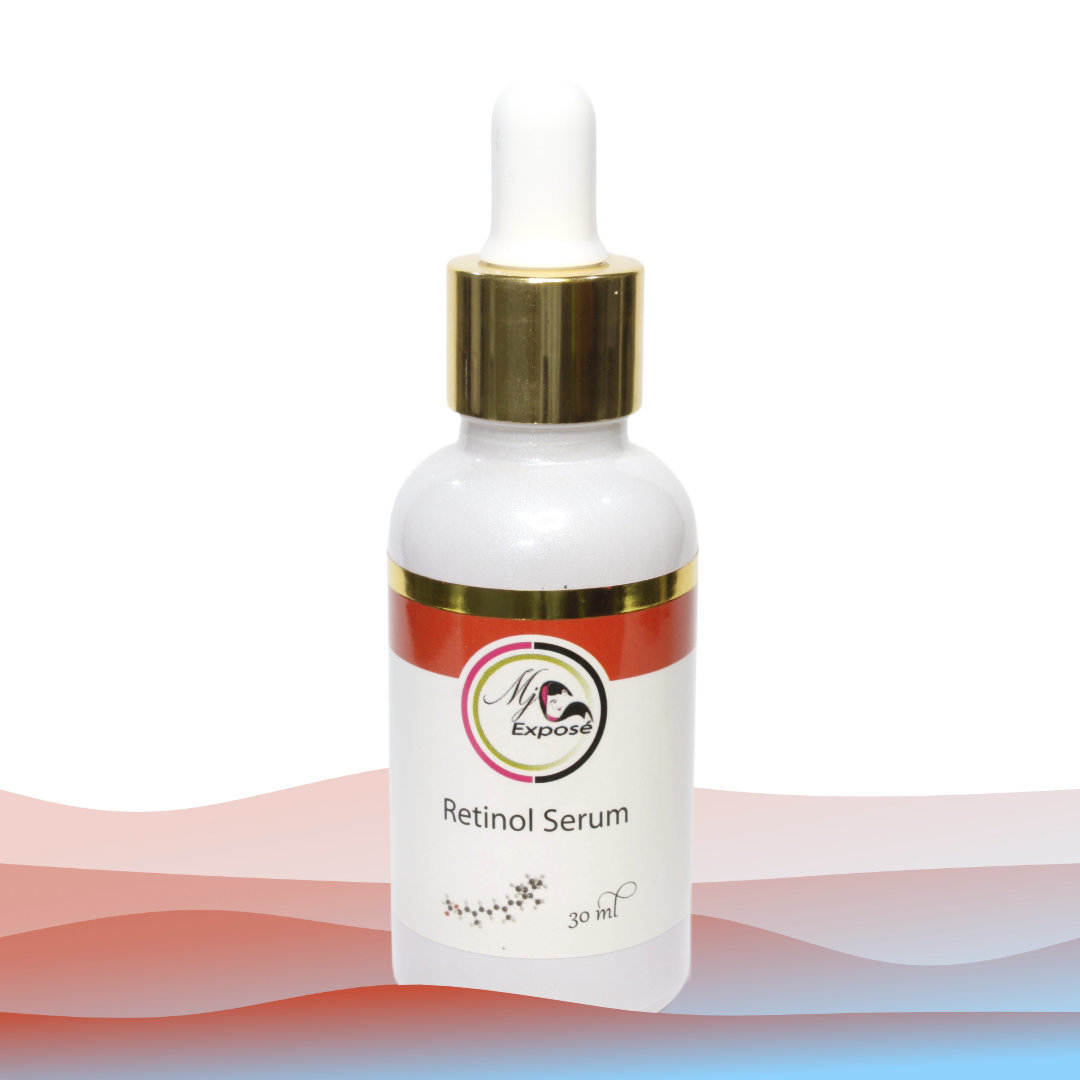

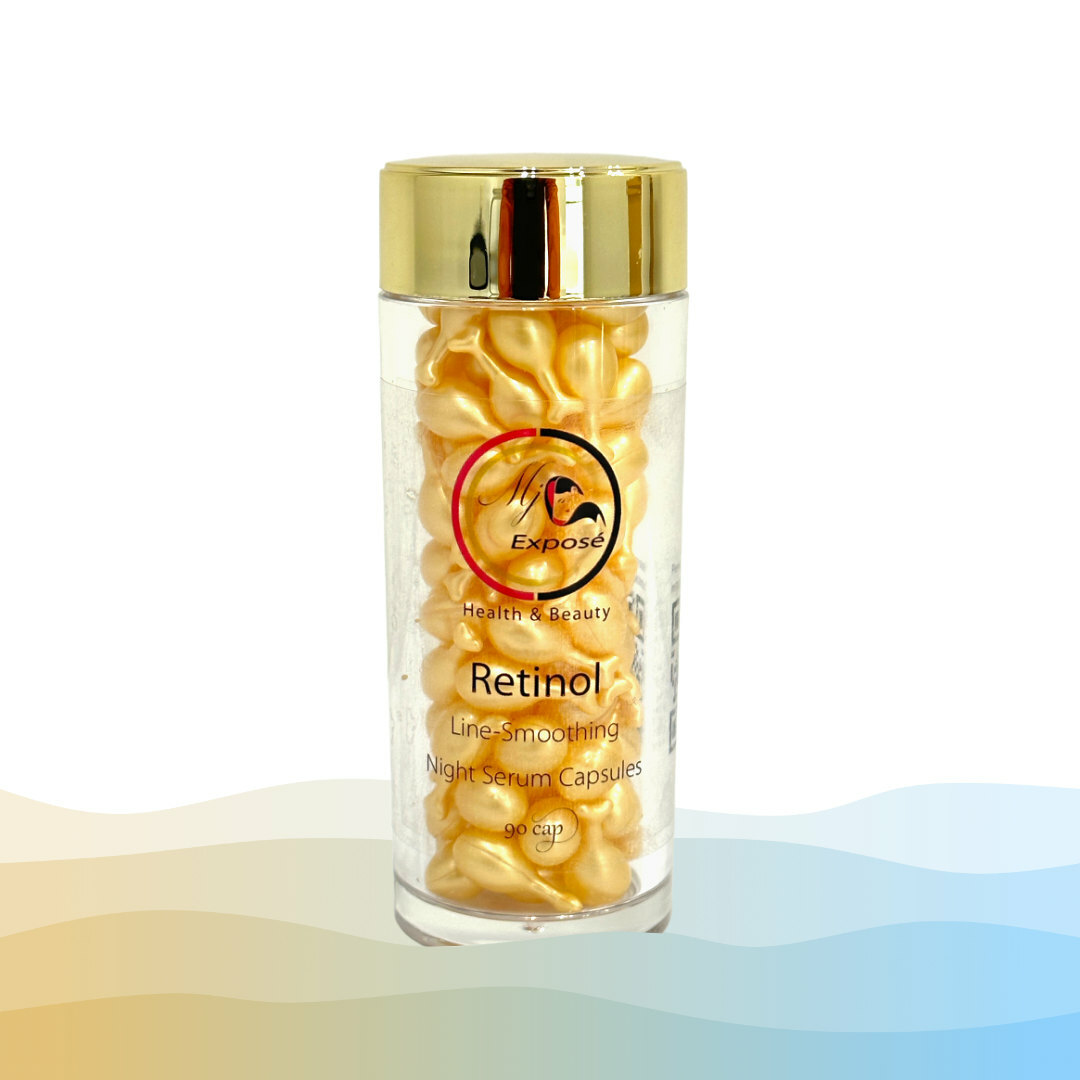

Clinical Trials: Better Skin Texture and Fewer Fine Wrinkles
A trial with 36 elderly participants showed significant improvements with retinol. Significant improvements were observed in the skin texture and fine wrinkling reduction among those using retinol. Fine wrinkles decreased from week 4, and skin texture and severity improved over 24 weeks. These results highlight retinol's effectiveness in rejuvenating ageing skin.
Biological Benefits: Boosting Skin Resilience
Biochemical tests showed significant increases in glycosaminoglycan (GAG) and procollagen 1 in retinol-treated skin. These are important for maintaining skin hydration, elasticity, and structure, crucial for ageing skin issues like poor healing and chronic ulcers.
Long-Term Benefits: Maintaining Results
Retinol provided quick improvements in fine wrinkles and skin texture, but stopping its use led to a gradual loss of benefits. This highlights the need for ongoing skincare to keep results, aligning with sustainable practices for lasting skin health.
At what age should I use Retinol?
The best age to start using Retinol will depend on your skin concerns and the goals you set for yourself. It’s best to start using Retinol for it's anti-aging benefits when you first notice the signs of aging like fine lines, wrinkles, or hyperpigmentation.
Most people usually begin using Retinol in their late 20's to early 30's as a preventive measure against premature aging. Our advice is that if you're looking to add Retinol into your skincare routine, it’s best to consult a skincare expert to find the most suitable products for your skin type, concerns, and your age.
Do I leave retinol on my face overnight?
Yes, retinol is typically applied to the skin in the evening and left on overnight as part of a nighttime skincare routine. Retinol works best at night because it can make the skin more sensitive to sunlight. Leaving it on overnight allows the product to penetrate the skin and work effectively while you sleep.
When using retinol, follow the product's instructions and start with a lower concentration to minimise the risk of irritation. Always use sunscreen during the day when using retinol, as it increases the skin's sensitivity to the sun and can make it more prone to sunburn.
If you experience irritation or discomfort, consider applying a moisturiser or buffering the retinol with a moisturiser to reduce potential side effects.
Overall, using retinol overnight as part of your nighttime routine can help maximise its benefits and improve your skin's health and appearance.
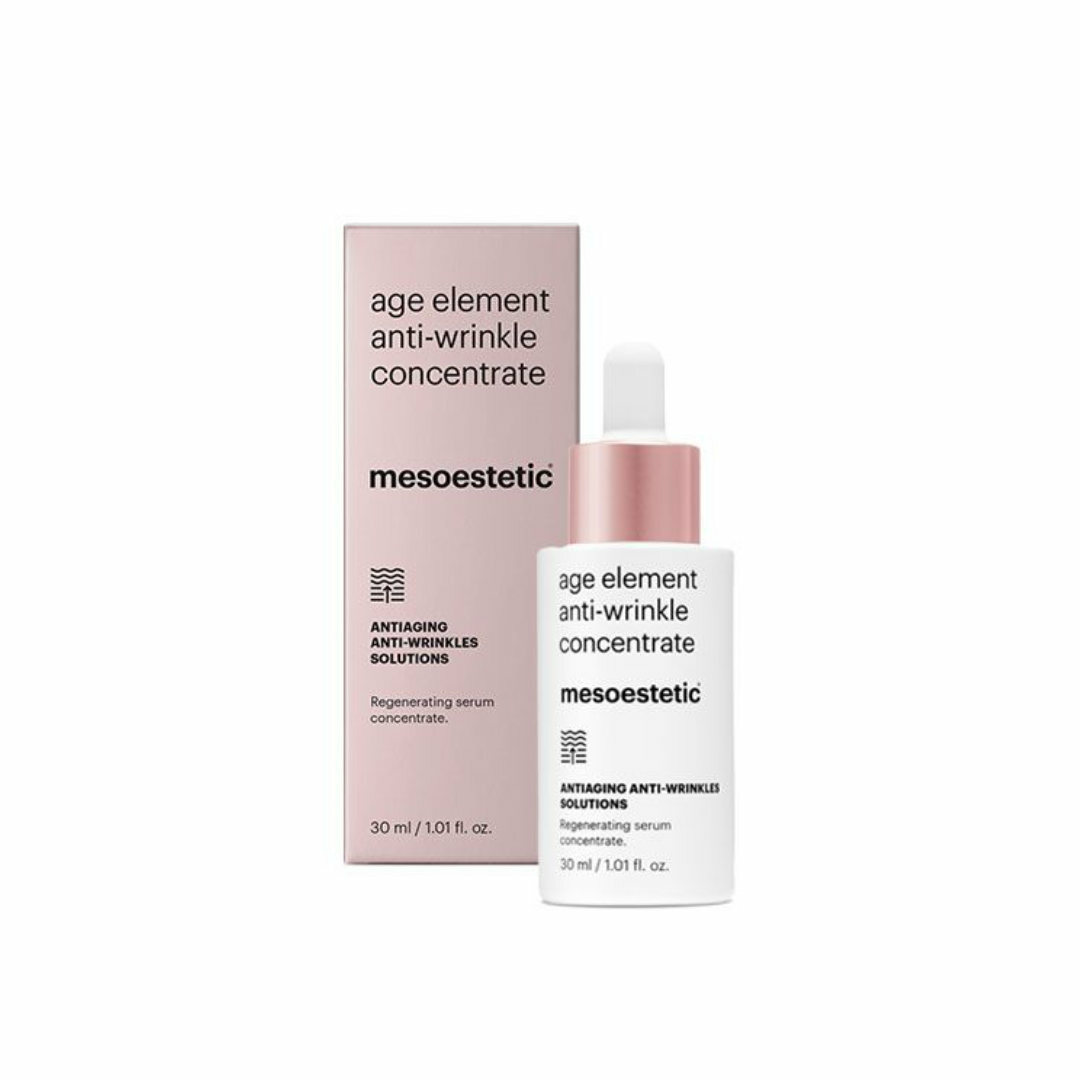

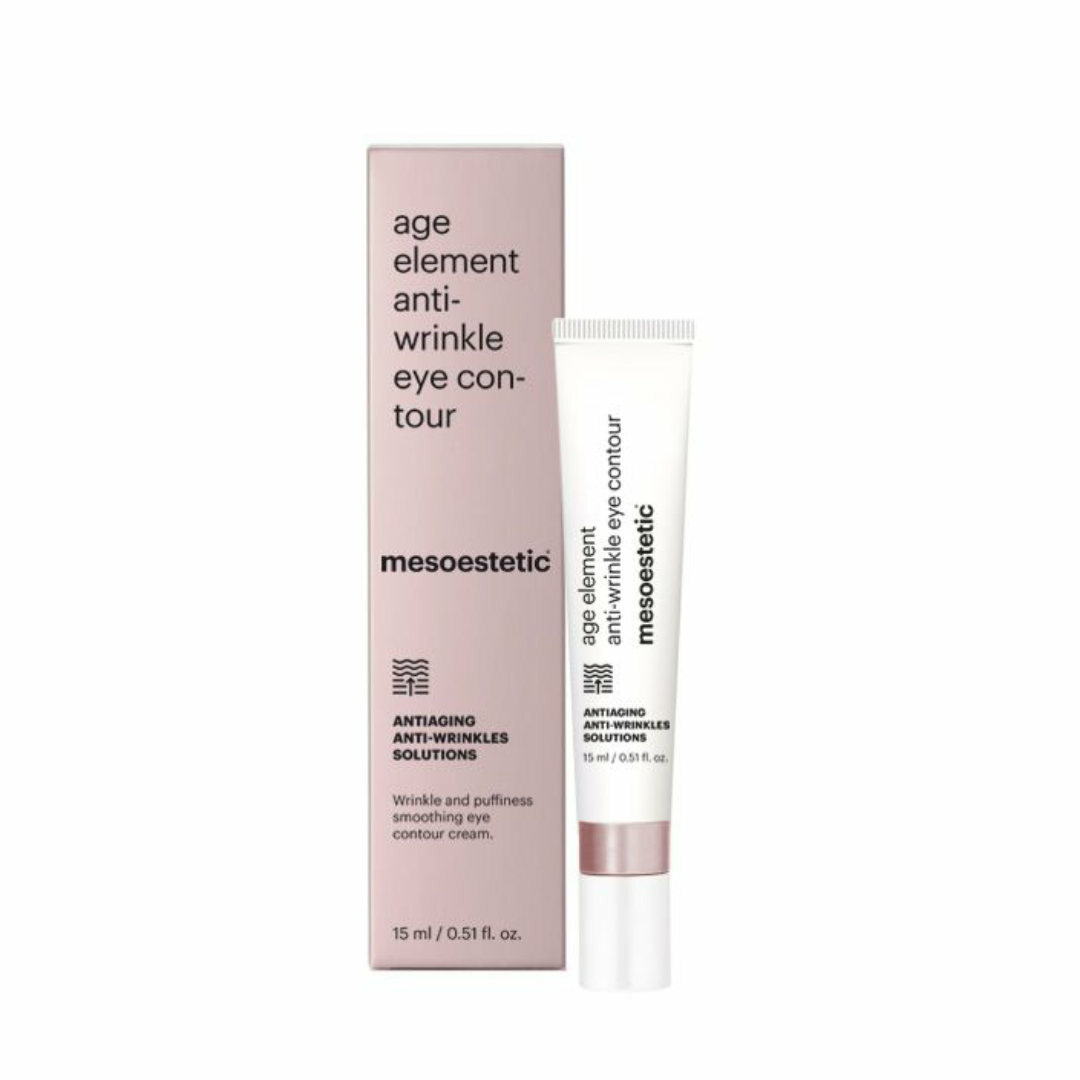
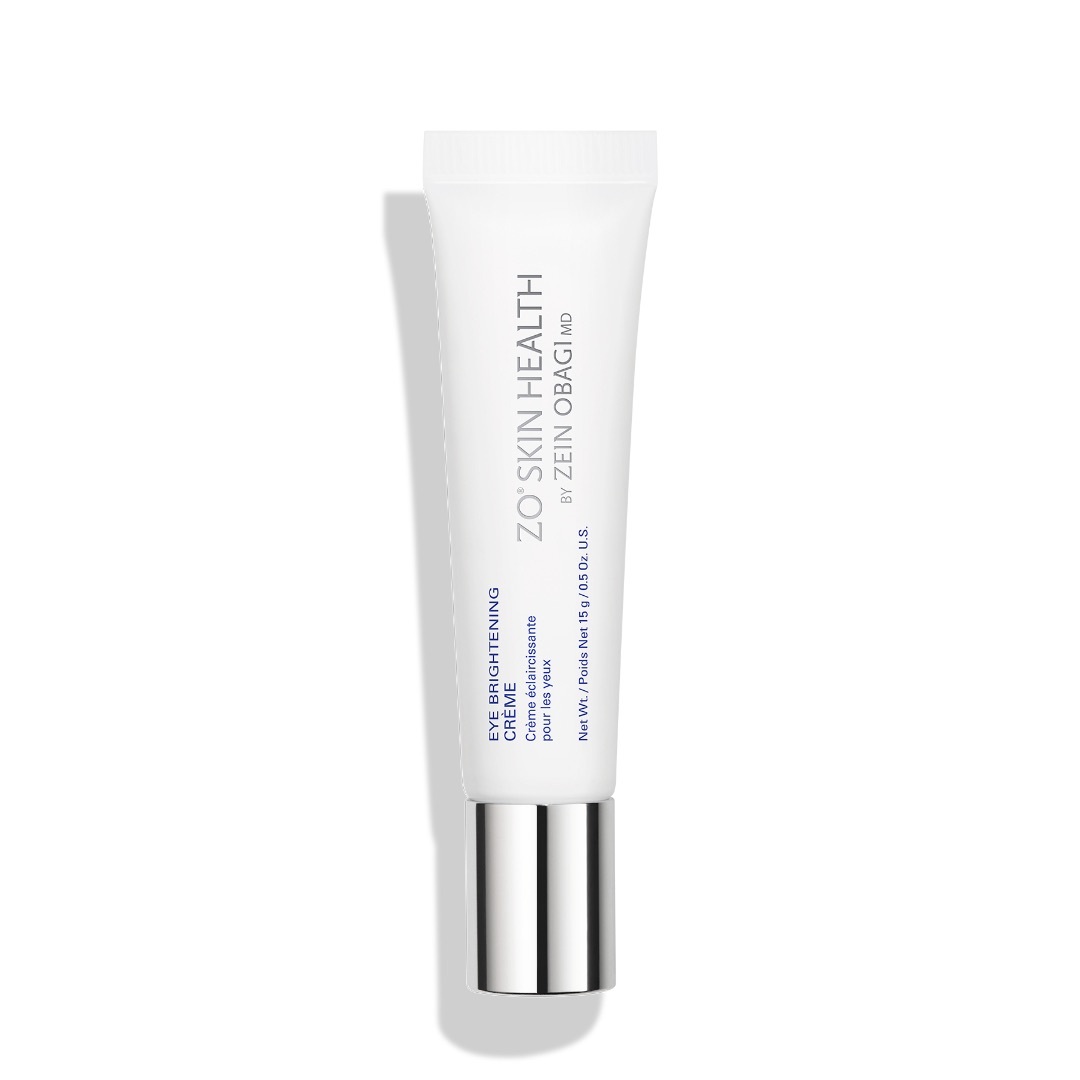
Should I wash retinol off in the morning?
You generally don’t need to wash off retinol in the morning unless it causes irritation or discomfort. Retinol is usually applied at night and left on overnight to work effectively.
However, if your skin feels sensitive or irritated, you can rinse your face with water in the morning to remove any leftover product. Follow up with a gentle cleanser, moisturiser, and sunscreen as part of your morning routine.
If you’re new to retinol or have sensitive skin, start with a lower concentration and gradually increase it. Consulting with a dermatologist can give you personalised advice on how to use retinol in your skincare routine.
Overall, whether you wash off retinol in the morning depends on your skin’s tolerance and your personal preference. Listen to your skin and adjust your routine as needed.
Do you put moisturiser on before or after retinol?
When incorporating retinol into your skincare routine, it's generally recommended to apply moisturiser after retinol. Here is a suggested order for using retinol and moisturiser:
- Cleanser: Start with a gentle cleanser to remove dirt, oil, and makeup.
- Toner (if used): Apply toner to balance the skin's pH levels.
- Retinol: Apply retinol to clean, dry skin. Let it absorb before moving to the next step.
- Moisturiser: Follow with a moisturiser to hydrate and nourish the skin. This helps reduce dryness or irritation from the retinol.
- Sunscreen (morning routine): If you use retinol in the morning, finish with sunscreen to protect your skin from sun damage.
Applying moisturiser after retinol helps maintain hydration and supports the skin’s barrier function while benefiting from retinol's effects. Choose a moisturiser suitable for your skin type to complement retinol effectively.
If you experience irritation or dryness, consider buffering retinol with a moisturiser by mixing them together before applying to minimise potential side effects.
Does retinol make your face tighter?
Retinol can help tighten skin by boosting collagen production and improving skin texture. When used on the skin, retinol promotes cell turnover, increases collagen, and enhances skin elasticity, leading to firmer skin over time.
Retinol's ability to stimulate collagen helps make the skin firmer and reduces fine lines and wrinkles, giving a smoother and younger look. It also improves skin tone and texture, making the skin appear more even and radiant.
Though retinol can tighten skin, how it works can differ from person to person. Some might experience temporary dryness, redness, or peeling when first using retinol, affecting how the skin feels. It's important to start with a lower dose of retinol and gradually use more to let the skin adjust and reduce possible side effects.
In summary, retinol's collagen-boosting effects can make the skin tighter and firmer, which is why it's a popular choice in anti-aging skincare routines.
What to avoid when using retinol?
When using retinol in your skincare routine, avoid the following to ensure the best results and minimise side effects:
Sun Exposure: Retinol can increase skin sensitivity to the sun. Always use sunscreen daily and limit sun exposure to reduce the risk of sunburn and skin damage.
Harsh Exfoliants: Avoid harsh physical or chemical exfoliants while using retinol, as they can increase irritation and sensitivity. Use gentle exfoliation methods if needed.
Mixing with Certain Ingredients: Do not mix retinol with harsh or irritating ingredients like benzoyl peroxide, salicylic acid, or vitamin C. These combinations can increase skin sensitivity and irritation.
Overuse: Do not overuse retinol or apply it more often than recommended. This can cause dryness, redness, peeling, and irritation. Follow the product instructions and start with a lower concentration if you are new to retinol.
Skipping Moisturiser: Retinol can dry out the skin, so it's essential to follow up with a moisturiser to hydrate and nourish your skin. Skipping moisturiser can worsen dryness and irritation.
Applying to Damaged Skin: Avoid applying retinol to broken, irritated, or sunburned skin, as this can increase the risk of further irritation and discomfort. Wait until your skin has healed before reintroducing retinol.
By avoiding these common pitfalls and following best practices, you can ensure a positive experience and optimal results with retinol for your skin.
Conclusion: Embracing Retinol for Skin Health
In summary, these findings highlight retinol's key role in skincare. By boosting collagen, improving texture, and enhancing resilience, retinol offers a gentle yet powerful solution for ageing skin. With this knowledge, individuals can make informed choices to nurture their skin's health, embracing effective skincare practices for lasting vitality.
This blog post encapsulates the transformative potential of retinol as supported by scientific research, offering readers actionable insights into enhancing their skin's resilience and youthful appearance through evidence-based skincare practices.
This blog reference two studies by Kafi and colleagues (2007) & Quan (2023). You can find the full articles at the provided links.https://jamanetwork.com/journals/jamadermatology/article-abstract/412795https://www.mdpi.com/2218-273X/13/11/1614